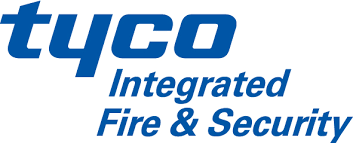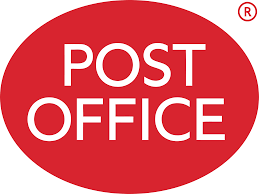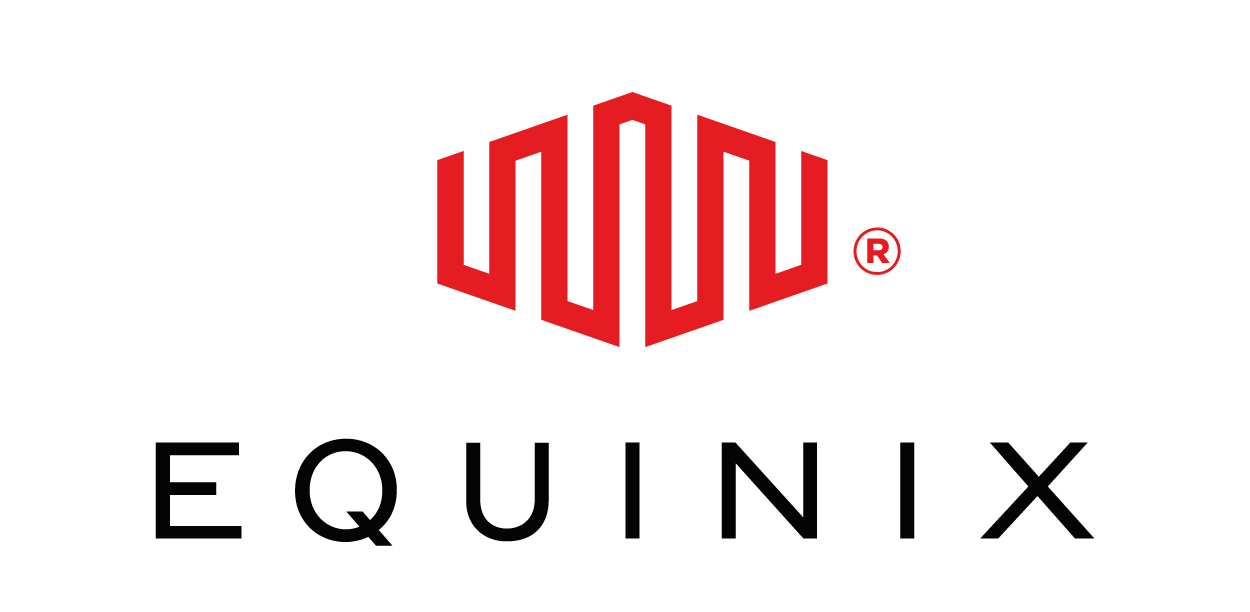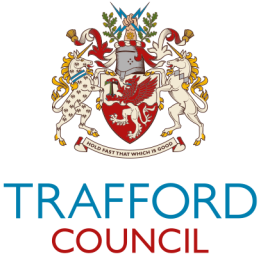How to start a catering business
How to start a catering business
If you have a love for cooking, baking and events, you might want to merge your passions and take yourself in a new direction by starting your very own catering company. After all, catering is a multi-million-pound industry and, despite some hiccups such as the Coronavirus pandemic, the sector continues to grow as more people start their new business from the comfort of their own homes.
Indeed, it could be the lucrative career-move you’ve been hoping for, but getting the wheels in motion to open your new catering business is a different story. You’ll need to draft a thorough business plan, set time aside to complete all the paperwork, accrue relevant certifications and gather enough equipment to make it work – not to mention the marketing you’ll also need to do!
Fortunately, we’ve compiled all the information you need right here for you in this guide. So let’s take a look at each step you need to complete before your catering business is good to go!
The pros and cons of a catering business
A key benefit of starting your own catering business is that you get to be your own boss.
Working for yourself can be stressful with no sick pay, annual leave days or company benefits to offer yourself in the early stages, going self-employed gives you enormous flexibility to make your own schedule that suits your lifestyle. You can choose your own working hours, working days and which jobs you want to take. You can work from home or alternatively rent a space to operate from – the choice is entirely yours.
You’ll also enjoy the diverse nature of catering. You might have a wedding one week, a corporate event the next and a funeral the one after. Your job can look completely different on a weekly, or even daily, basis.
However, you’ll still need to put in the time and dedication to bring your business to life from scratch. You’ll need to sacrifice a significant portion of your time, particularly in the beginning stages as you need to build the foundations of your catering company first. Securing clients, marketing your services online, writing up invoices and filling out tax returns is never easy or straight forward, but will all fit into place once you’ve started. Plus, this applies to any business you want to start yourself – it is not exclusive to the catering sector.
How do I start making my own catering company?
First thing is first – you're going to need a watertight plan to introduce your catering company to the market.
Research:
Start by setting time aside every day (or multiple times per week) to commit to your business plan. You will need to research factors such as your target audience, your unique selling point, your competitors, estimated running costs and so on. You’ll need this data to cultivate your business plan.
The business plan:
Once armed with this data, you can start compiling your business plan.
This plan must follow a coherent structure with short-term goals and milestones to achieve in a certain timeframe and with a demonstratable projection of growth over time. For example, a short-term goal might be to hit a financial milestone within six months which fits in with your long-term plan of expansion to a larger-scale catering company where you may need a larger premises to operate from.
You need to make sure your finances are properly in order for this to work and show there is room to scale.
Study:
If you find that you’re short in some areas, such as general business knowledge or catering knowledge, you may opt to sit a short course to enhance your understanding.
Our Social Media Marketing covers everything you need to know when it comes to building the blocks of your business, while completing our Level 2 Food Hygiene Course and Level 3 Food Safety course for catering certifies you in best food hygiene and safety practices which is mandatory in the UK.
Setting up:
If you’re starting from home, you need to make sure your kitchen can meet the demands of your catering business. And we’re not just talking oven size: you’ll need a large refrigerator where chilled and fresh food is adequately stored, a dedicated hand washing basin and adequate food preparation equipment including thermometers and different coloured chopping boards to avoid contamination.
You might also need a catering first aid kit nearby for emergencies and some disposable blue roll on hand for spillages.
Do I need to register to start a catering business?
In short, yes, you need to register before your open your catering company to the general public.
You’ll need to:
- Register your business with your local authority with at least 28 days before you start trading
- Register each and every premises where you plan on operating your company (I.e., your home, mobile catering van, food stall, etc)
- Gain permission from your mortgage provider or landlord if operating from home
- Register as a sole trader with the government
Registration is just as important as your qualifications as it ensures your catering company can legally operate. As a sole trader, it is important to note that you will also need to complete a Self Assessment Tax Return each year, so be sure to keep accurate notes on your sales and expenses.
What Food Hygiene training do I need to start a catering company?
After completing your registration with your local council, you can expect a visit from an Environmental Health Office (EHO) inspector within 28 days of registration.
The EHO investigator will ensure that you are adhering to food hygiene and food safety regulations, and essentially that you are a safe business.
The EHO will check:
- The cleanliness of your premises – such as your kitchen and home. You must also ensure that your work space has adequate ventilation and pest control measures in place.
- Your food hygiene and safety practices – the EHO is checking that you can safely prepare, cook and store food and that you follow food safety regulations. You need to demonstrate your knowledge of potential hazards as outlined by the Hazard Analysis and Critical Control Points (HACCP)
Once the inspection is complete, you will be issued with a food hygiene rating.
What course do I need to sit for catering?
To pass the EHO inspection, it will help your case if you have completed the Level 2 Food Safety and Hygiene for Catering. This comprehensive course equips you with all the knowledge and expertise you need to pass your inspection, and that you are operating in accordance with the law.












